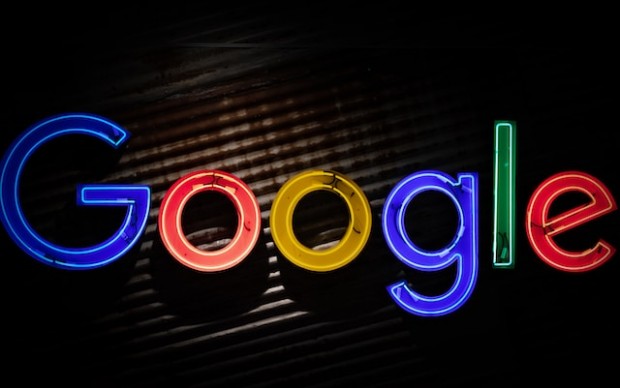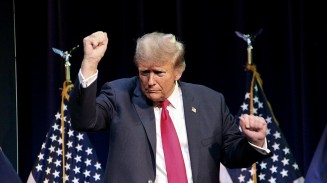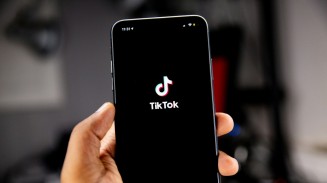At the tech industry's pinnacle, Alphabet's Google is battling a patent infringement lawsuit totaling $1.67 billion in a federal jury trial in Boston. The case stems from a claim that Google unlawfully utilized patented technology to power the AI functions present in its products.

Meet the Accuser, Singular Computing
Joseph Bates, founder of Singular Computing, and his legal representative, Kerry Timbers, allege that Google infringed on patents about computer processors responsible for AI technology. According to their claims, Google repeatedly met with Bates to discuss potential resolutions to technological roadblocks in AI development. These conversations took place over a period spanning from 2010 to 2014.
The assertion is that Google clandestinely integrated Bates' patented computer-processing innovations into their Tensor Processing Units (TPUs). Which support AI features across their services, such as Google Search, Gmail, and Google Translate.
Did Google Cross the Line?
Internal communications cited in the case reveal that Google's Chief Scientist, Jeff Dean, recognized the potential of Bates' concepts, describing them as "really well suited" for the company's development goals. Another employee admitted to being "quite corrupted by Joe's ideas." Timbers emphasized the fundamental values at stake in the trial, reminding jurors of the importance of respecting others and giving credit where it is due.
Google's Defense in the Trial
Representing Google, attorney Robert Van Nest countered the allegations by presenting Bates as "a disappointed inventor" who had failed to convince prominent entities like Meta Platforms, Microsoft, and Amazon.com Inc. to adopt his technology. Van Nest maintained that Bates' methods relied on approximate math that could yield incorrect results.
As part of its defense, Google posits that the company's chips fundamentally differ from the patents held by Singular Computing. Van Nest argues that the Google employees responsible for designing the chips did not engage with Bates, nor did their chip designs rely on his patented technology.
A-Line Drawn in the Technological Sand
Prior to the trial, Singular Computing requested up to $7 billion in damages for the infringement of their two patents. During the trial, the number was adjusted down to $1.67 billion. Google unveiled its processing units in 2016 to support AI functions such as speech recognition, content generation, and ad recommendation. Singles Computing argues that the second and third versions, released in 2017 and 2018, infringed on their patent rights.
The United States Patent and Trademark Office is also involved in a second case, with an appeals court in Washington considering whether to invalidate Singular's patents.
The Significance of Legal Aid in Patent Trials
This high-stakes case showcases the necessity of experienced legal counsel for patent disputes. The potential loss of billions of dollars and a significant dent in Google's reputation cannot be understated. Solid legal representation becomes critical when protecting one's intellectual property rights. And confronting possible infringers is on the line.
Are you facing a similar patent dispute? Enlist the help of an experienced patent lawyer today. To protect your intellectual property rights and confront potential infringers.
RELATED TOPIC: Google Brings an End to Massive Privacy Case with $5 Billion Settlement
© 2023 Lawyer Herald All rights reserved. Do not reproduce without permission.
Get the Most Popular Lawyerherald Stories in a Weekly Newsletter





